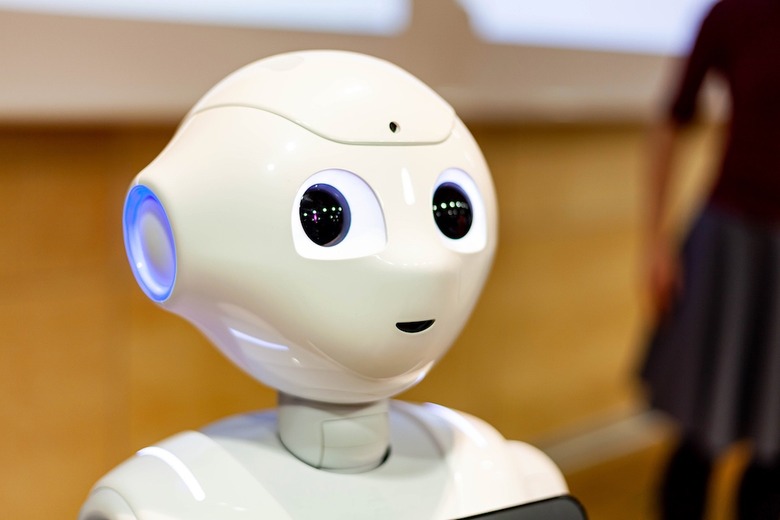Robots Are Now Greeting Coronavirus Patients In Japan
- Some hotels in Japan are now being used to house patients experiencing mild coronavirus symptoms.
- Patients arriving at one such hotel in Tokyo are being greeted by a robot named Pepper that, in addition to offering up pleasantries, can also provide guests with simple directions.
- Visit BGR's homepage for more stories.
With many hospitals operating at or near capacity on account of the coronavirus, we've seen some interesting approaches to dealing with patients who either have light corona symptoms or who need medical care for other reasons.
Just a few weeks ago, for example, New York City brought in a floating hospital called the U.S.N.S comfort to help treat patients suffering from ailments outside of the coronavirus. It was an interesting idea, but the ship didn't prove to be as useful as anticipated and was only docked for about four weeks before departing.
Japan, meanwhile, has employed a different and somewhat unique approach. In Tokyo, some hotels are being used to house and treat coronavirus patients who are exhibiting very mild symptoms. Recall, not everyone with the coronavirus experiences serious health complications. If anything, it's the individuals who are asymptomatic who are most likely to unsuspectingly spread the virus to other people.
In any event, Japan's re-purposed coronavirus hotels are employing an advanced robot in the lobby to greet guests. Truth be told, this isn't all that surprising given Japan's longstanding affinity for robots.
The New York Post reports:
In one, a big-eyed robot named "Pepper" – appropriately wearing a protective mask – stood waiting to welcome visitors.
"Please, wear a mask inside," it said in a perky voice. "I hope you recover as quickly as possible."
Other messages include "I pray the spread of the disease is contained as soon as possible" and "Let's join our hearts and get through this together."
If any of this sounds familiar, it's because Pepper the robot has been around since 2014 and has been used in some office buildings across the world to greet visitors. Interestingly, the robot has facial recognition software that allows it to identify visitors and even detect emotion based on voice patterns and facial expressions. In essence, Pepper wasn't designed to help humans carry out tasks, but rather to add a bit of levity to people's lives.
One of the first videos of Pepper in action can be seen below:
Meanwhile, many states here in the U.S. have started easing their restrictions on public gatherings. Additionally, some non-essential businesses are being allowed to open in some areas. While many people are applauding such moves, there is naturally a concern that relaxing precautionary measures too soon might result in a second coronavirus wave hitting the country.
On a related note, a recent research report from the Center for Infectious Disease Research and Policy at the University of Minnesota said that the coronavirus pandemic may last for two years if we can't come up with a vaccine.
